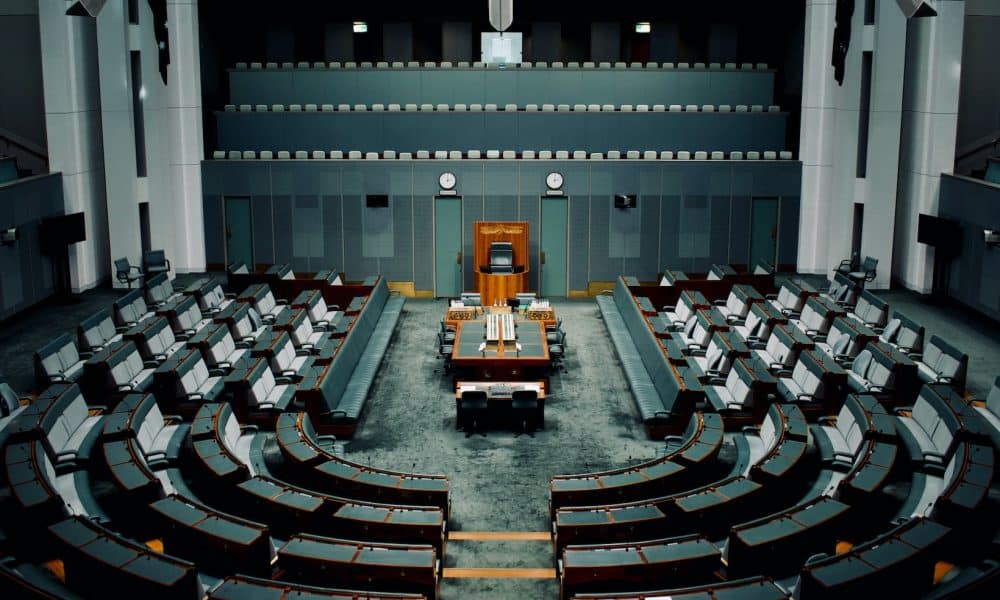The Securities and Exchange Commission (SEC) of the United States has sued Chicago Crypto Capital, for allegedly selling unregistered crypto securities worth $1.5 million. These tokens were being sold to unsuspecting investors from August 2018 to September 2019.
SEC has alleged that Chicago Crypto Capital, a Chicago-based DeFi advisory firm, its owner and president Brian B. Amoah, salesmen Darcas Oliver Young and Elbert Elliott sold crypto assets called BXY tokens worth at least $1.5 million to 100 investors.
What is the BXY token?
To understand the case, we must first know the history of BXY tokens.
BXY is the native cryptocurrency of another Chicago-based crypto exchange Beaxy which is now defunct. In 2018, the exchange began selling BXY crypto securities to a range of investors in order to raise capital for team expansion and project development.
Beaxy exchange entered into an agreement with the Chicago Crypto Capital after which the latter began selling BXY tokens to investors. As per the agreement, Chicago Crypto Capital kept three cents for every five cents of tokens sold through it.
SEC alleges many frauds
Chicago Crypto Capital was compensated with a markup charge of up to 150% on each BXY token sold. The investors were told that the capital would be used by Beaxy for its operations, marketing, and other functions but a lot of these funds were used for Amoah’s personal expenses, including travel and dining. Funds were also used to compensate the salesmen of Chicago Crypto Capital and make investments in BXY tokens, the SEC alleged.
Chicago Crypto Capital not only did not inform the investors about its deal with Beaxy while selling BXY tokens, but it also failed to deliver these tokens to some of those investors.
The individuals named above also made materially false and misleading statements in their offer. They didn’t inform the investors either about their individual investments in BXY or about the financial and management problems taking place at Beaxy in 2019.
SEC also stated that BXY offering was not registered with the Commission and did not satisfy any exemption from registration. Besides, none of the defendants from the Chicago Crypto Capital were registered with the SEC as brokers.
Well, the SEC is seeking to investigate the case further and bar defendants from offering crypto securities.
Only recently, SEC Chair Gary Gensler reiterated in a speech that the vast majority of crypto tokens are securities and their sale is covered under the securities laws. Non-security crypto tokens represent only a small number of tokens.


